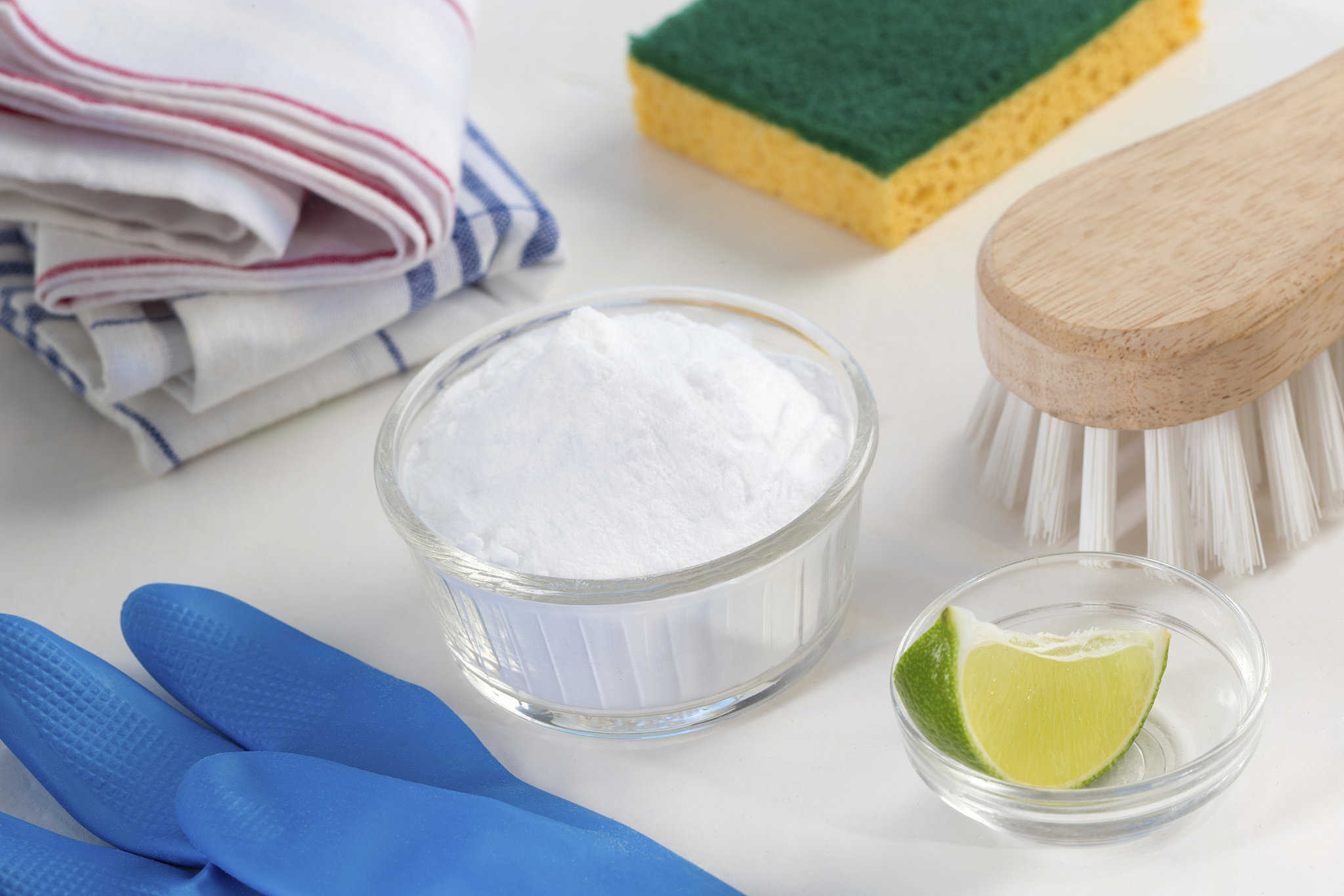Contents:
- Medical Video: What to do if someone is having a seizure
- Put a spoon when seizures are at risk because of respiratory failure
- What should be done when dealing with seizures
Medical Video: What to do if someone is having a seizure
In the midst of modern civilization like today, there are still many people who believe that to stop spasms you have to prop up their mouths with a spoon. He said, this could prevent the tongue from being swallowed or bitten during a seizure. Even though mput anything in the mouth, including a spoon during a seizure, is not recommended by the medical world. This is the explanation.
Put a spoon when seizures are at risk because of respiratory failure
Some people may worry that the tongue will be swallowed during a seizure. However, this is a big mistake because the tongue attaches to the floor of the mouth so that the tongue cannot be swallowed. Another thing that encourages people to put a spoon in their mouth during a seizure is fear of tongue biting.
Indeed, the possibility of a tongue biting when the seizure is very large, so that the mouth is blocked with a spoon so that the tongue is not bitten. But again emphasized, mputting something in your mouth during a seizure will not prevent your tongue from being bitten.
A person who is having a seizure does not have complete control over him. Also keep in mind that seizures are not always confused. Some people who are seizures can remain frozen, their bodies rigid, including their jaws. Forcing a spoon to clamp into your mouth can cause the gums to get injured until the jaw and teeth break. Broken teeth can enter the airway and block the airways and lead to respiratory arrest.
In addition, the risk of choking is also large, because it is feared that any objects placed in the mouth when seizures can be swallowed.
What should be done when dealing with seizures
Reporting from WebMD, seizures can occur because the electrical activity in the brain runs abnormally. This can take place at a severe level that causes you to be unconscious and seizure - your body moves uncontrollably.
Seizures can come suddenly, the duration and severity can vary. Some types of seizures can only occur in a short time and do not require special treatment. Whereas, more severe seizures can last a long time and require special care. So, it is important for you as a family member, teacher, or someone else to understand what to do if you see someone seizure.
The following are things to do if you see people having a seizure:
- Stay calm and don't panic, help protect the head of a person who has a seizure. Lay him on his side and put a pillow under his head so he feels comfortable.
- Help him to breathe, for example by loosening his tie, unbuttoning his shirt, and others.
- Keep items around so that he can't hurt himself
- Don't hold back or try to stop the movement, unless it's dangerous. They may be more aggressive if you hold back. It is best to speak gently to convince him that the action he is doing is dangerous.
- Do not give mouth-to-mouth breathing when still seizure. It is best to wait until the seizure is complete to give word of mouth resuscitation if the person is not breathing.
- Immediately give an anti-seizure medication as instructed by the doctor, if available.
You should immediately seek medical attention. Hcontact a local emergency service provider (119) or immediately to the nearest hospital emergency unit, if:
- People who have seizures have difficulty breathing
- A person who has a seizure hurts him causing injury
- The person seizes in the water, so that he breathes water
- The person still experiences pain a few hours or several days after the seizure












